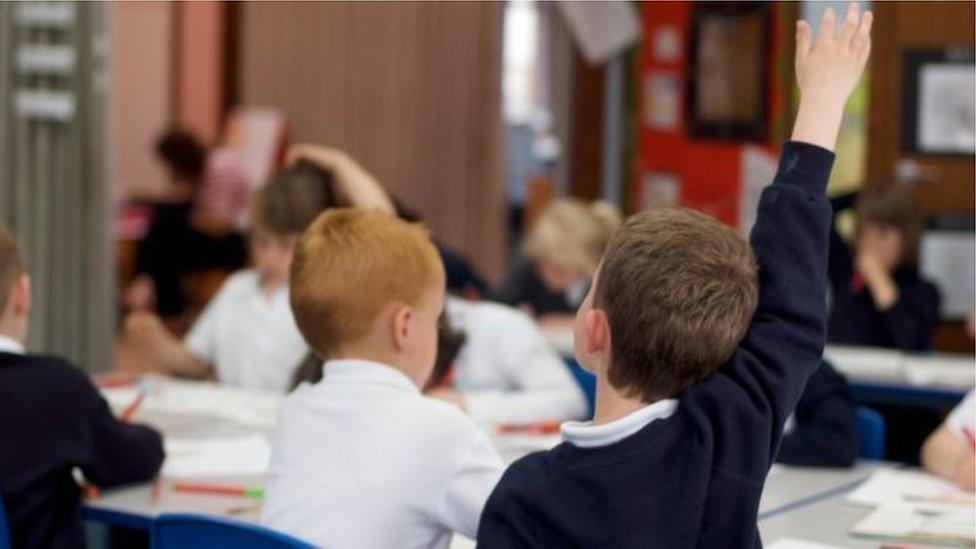What is an alternative provision?
- Published
Nina meets children at an alternative provision
There is a problem with the number of children regularly missing school.
Around one in five children in England have frequently missed school this academic year, according to data from the Department for Education (DfE).
It's an issue being talked about by the government, and Children's Commissioner Dame Rachel de Souza - who protects the rights of children in England - says it's her top priority to get kids back in school regularly.
There are lots of different reasons children are not going to school. One way this issue is being addressed is alternative provision (AP) schools. Newsround went to one to find out more.
What is the issue?
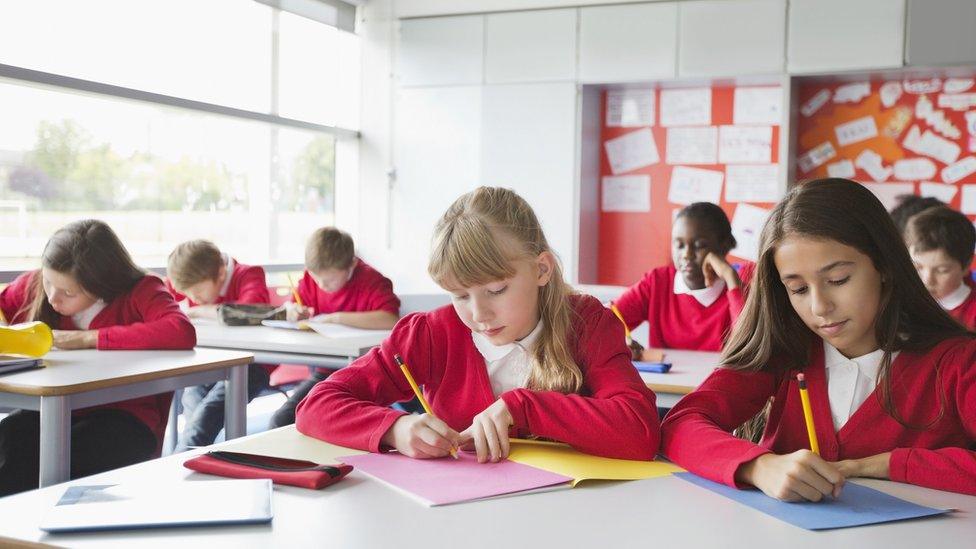
The number of children being persistently absent is higher than before the coronavirus pandemic. Persistently absent means students have missed at least 10% of their school days.
Children are missing school for lots of reasons - some experience anxiety or have educational needs meaning they require more support, which can make going to a mainstream school harder for them.
A report by the Centre for Social Justice (CSJ) also found that some parents think children do not need to be in school full time.
What is an alternative provision?
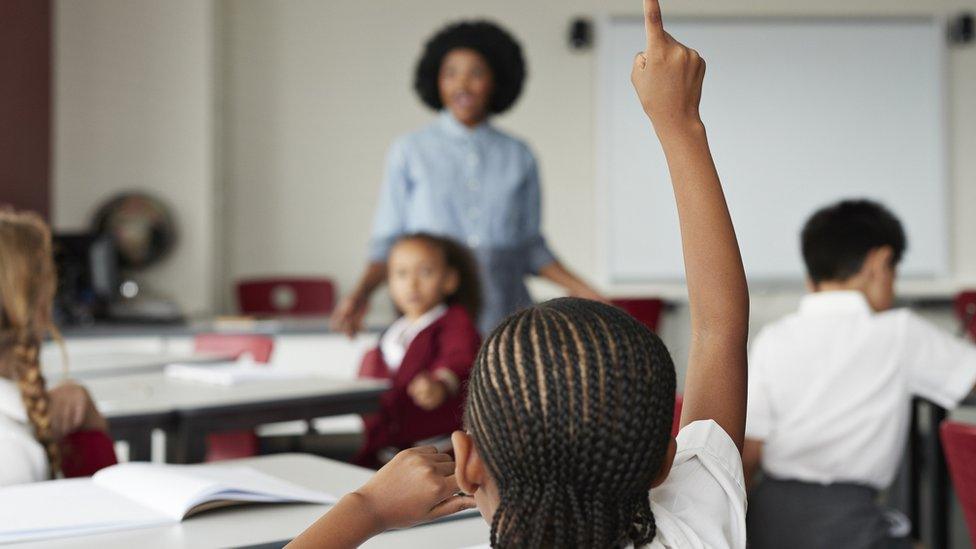
According to the government, alternative provisions (AP) "provide education for children who can't go to a mainstream school".
There are different reasons why a child might attend an AP, such as illness, behaviour problems or mental health issues.
They are different to mainstream schools because they have smaller class sizes and more personalised support to help an individual child's needs.
Pupils might attend full time or do a mix of AP and their usual mainstream school. In many cases the school or local authority will arrange a place for a student at an AP.
Decisions and rules about schools and education are managed separately in England, Northern Ireland, Scotland and Wales and are made by the governments in charge of each part of the UK.
'Mainstream school doesn't suit everyone'
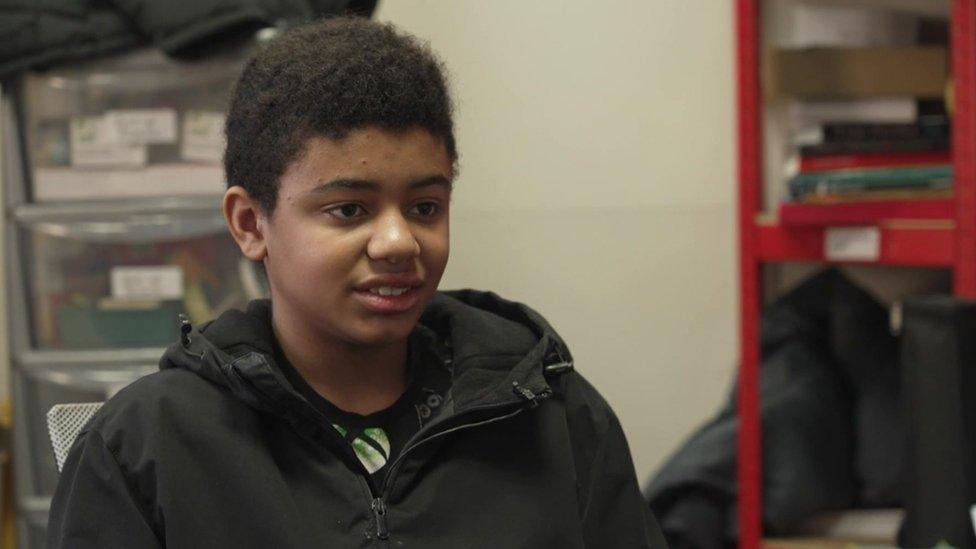
Dion told Newsround he doesn't find the AP as stressful as a mainstream school
Newsround visited one AP in England to meet children there. It's held in a church hall, with seven pupils and three teachers.
Dion spends four days a week at the AP and one day back at his other school. He struggled with work at his old school but finds he can concentrate better at the AP.
Dion enjoys this school, there are fewer people around, so he says it isn't as stressful as a mainstream school.
"A mainstream school definitely doesn't suit everyone, because everyone has different needs, and its just not for everyone," adds Dion.
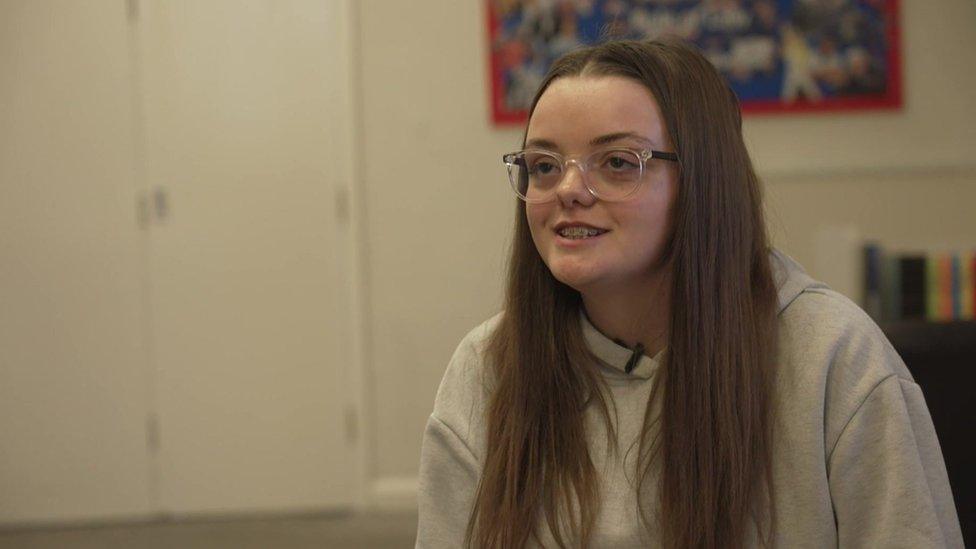
Evie feels prepared to go to college after attending this AP
Evie is in Year 11, and is preparing to head off to college. She struggled getting back into the classroom after the lockdowns during the coronavirus pandemic.
She says the AP has helped her get ready to go to college.
"It's been helpful because I've been able to speak to the teachers if there is anything wrong and take time out if I need to, if I'm getting anxious."
You can relate to everyone, because you know we are all here for similar reasons.
What does the government say about schools in England?
A government spokesperson said: "Attending schools is hugely important in achieving good results, making friends, and having great experiences.
"The government is... encouraging schools to give a warm welcome to all students, listening to and responding to pupils' individual needs, and taking a supportive approach in tackling any barriers they face in coming to school.
"Thanks to our fantastic teachers and school leaders, and our reforms to support schools to improve attendance, we are already seeing improvement with 440,000 fewer children persistently absent or not attending last year."
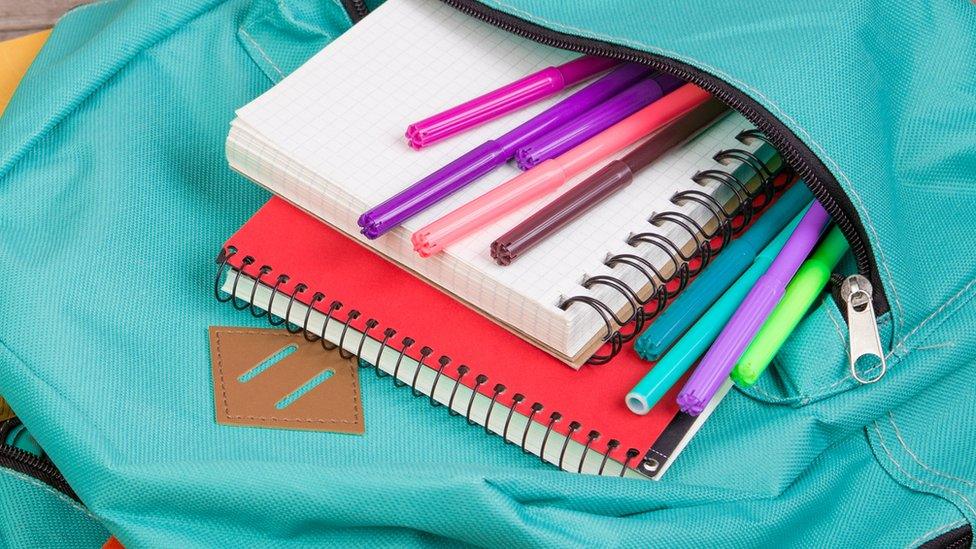
Labour have said that, if they were in charge, they would provide better mental health support, free breakfast clubs and extend attendance hub schemes which are already in place.
Labour's shadow education Bridget Phillipson said: "Every day our children are in school is so incredibly important.
"So it's about that partnership we need to see between parents and schools, but also between schools and government, because governments have responsibilities as well."
- Published10 March 2022
